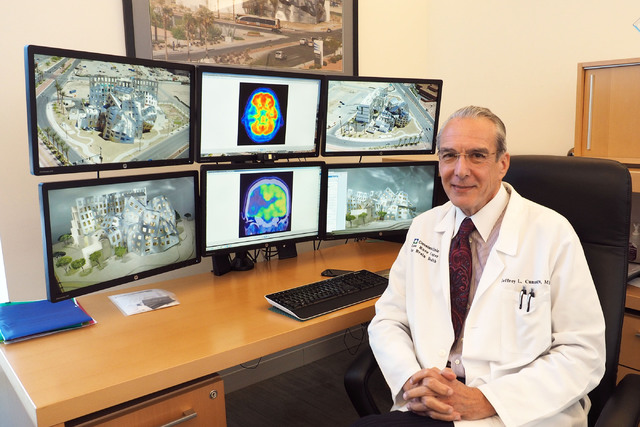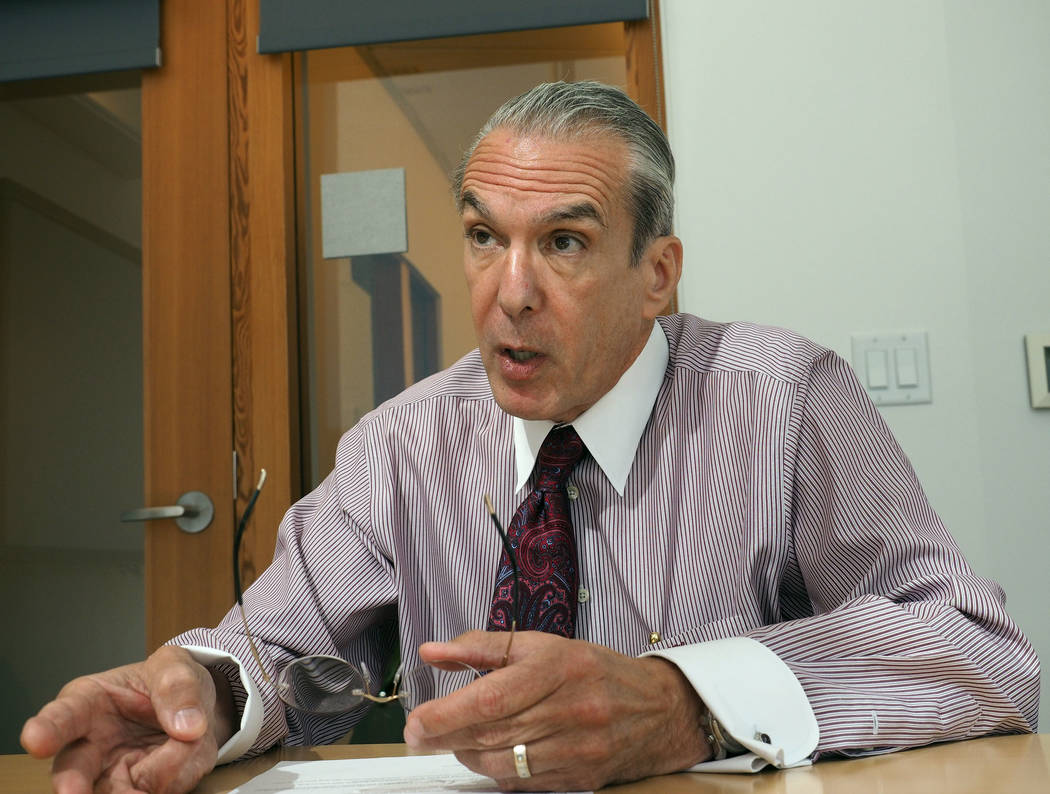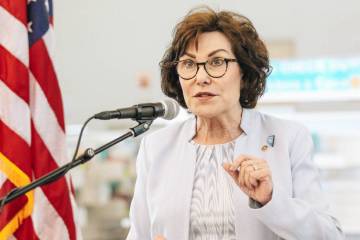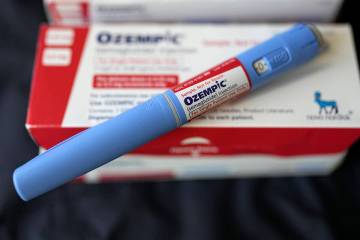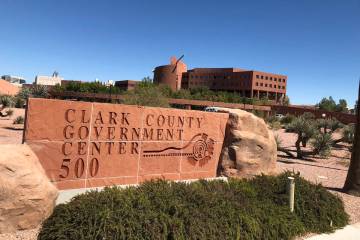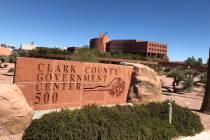Las Vegas expert takes issue with new study of dementia interventions
A world-renowned Las Vegas expert on dementia is taking issue with a major study released Thursday by the National Academy of Sciences, saying the researchers set the bar too high in searching for evidence that blood pressure management, increased physical activity and cognitive training can slow or prevent the onset of the brain disorder.
The study by the National Academies of Science, Engineering and Medicine found “encouraging” but inconclusive evidence that the three actions might help stave off dementia, including its most common form, Alzheimer’s disease. But without proof, the government should not begin a public health campaign pushing the strategies for aging brain health, it said.
But Dr. Jeffrey Cummings, medical director of the Cleveland Clinic Lou Ruvo Center for Brain Health in Las Vegas, said the researchers erred in expecting results from lifestyle interventions such as physical and mental exercise to be as clear as those from controlled trials of drugs, where one group gets a placebo and the other gets the drug being tested.
‘The evidence is … strong’
“The evidence is, in fact, strong enough,” he said. “We’ve looked at Alzheimer’s internationally, and experts around the world have come to the same conclusion we did — there is enough encouraging data to get people to be more involved in their general health.”
The study did not discount the benefits of managing blood pressure, increasing physical activity and cognitive training — everything from the learning of foreign languages to the working of crossword puzzles – but said evidence that the steps can help prevent cognitive decline and dementia remains inconclusive.
“Even though clinical trials have not conclusively supported the three interventions discussed in our report, the evidence is strong enough to suggest the public should at least have access to these results to help inform their decisions about how they can invest their time and resources to maintain brain health with aging,” said Alan I. Leshner, chair of the academey committee that wrote the report and CEO emertus of the American Association for the Advancement of Science.
In the meantime, the study endorsed additional research on how to prevent cognitive decline and dementia. And Leshner noted that pursuing the three strategies would “do no harm.”
“At least two of them (blood pressure management and physical exercise) are really good for you” even if the brain link doesn’t pan out, he said.
Cummings, however, said the researchers set “an unreasonably high standard” in the study by demanding the type of gold-standard results produced by carefully controlled clinical trials.
“For example, everybody gets some exercise,” he said. “You can’t stop people from doing some exercise, so the data from a study isn’t as clear as with a drug trial. The same thing with food when it comes to blood pressure.”
Cummings has long argued that trials have shown that keeping the mind active through activities that include reading and language training can delay the onset of dementia. He notes studies have shown that the onset of Alzheimer’s comes three or four years later among multilingual individuals than those who know just one language.
What Cummings warns against, however, are the makers of computer games that promise “unrealistic results.”
“We can’t have people taken advantage of,” he said.
‘Sense of urgency’ lacking
He also said the U.S. government’s scientific national academy lacks a “sense of urgency” when it comes to Alzheimer’s disease.
“We have to raise consciousness. … The Academy has been too negative with the evidence on hand,” said Cummings, recognized by the Journal of Alzheimer’s Disease as one of the top international researchers of dementia.
Alzheimer’s disease is expected to affect close to 16 million Americans by 2050, about double today’s number.
The health care crisis worsens daily as 77 million baby boomers head into retirement.
Studies show that if present trends continue, Alzheimer’s will cost taxpayer-supported Medicare and Medicaid $20 trillion by 2050.
Earlier this week, the Ruvo Center released a study which found that the likelihood of reaching the national goal to develop a meaningful drug therapy for Alzheimer’s by 2025 is in jeopardy.
The study points out that while $6 billion in National Institutes of Health funds is spent yearly on basic research for cancer, just over a $1 billion a year in federal funding is spent on Alzheimer’s research. Cummings pointed out that while 5,000 anti-cancer drugs are being tested, only 100 drug trials are underway for Alzheimer’s.
According to the Alzheimer’s Association, one in nine people age 65 and older today has the disease, the age range of greatest risk of Alzheimer’s.
It projects that the number of people age 65 and older with Alzheimer’s will nearly triple by 2050, from today’s 5.2 million to a projected 14 million, barring a medical breakthrough.
Contact Paul Harasim at pharasim@reviewjournal.com or 702 387-5273. Follow @paulharasim on Twitter.



